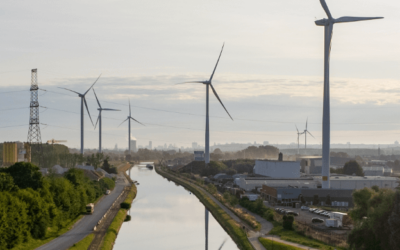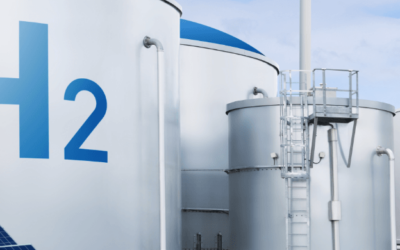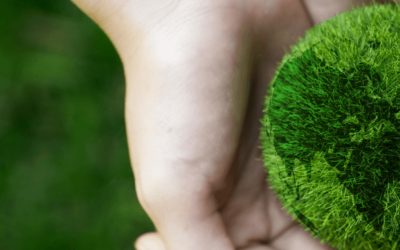About the SDE++ grants
The SDE++ grant is one of the main Dutch incentive schemes for achieving climate goals. The grants are intended to stimulate investments in renewable energy generation and other CO2-reducing technologies.
In 2023, you can apply for SDE++ grants for large-scale solar panels (solar PV), wind turbines, hydropower, osmosis, biomass (fermentation/combustion), gasification, solar thermal, PVT, sludge digestion, composting, geothermal, aquathermy, daylight greenhouses, electric boilers, heat pumps, waste heat reuse, hydrogen, advanced renewable fuels, and CCS or CCU projects.
New in 2023 is the possibility to apply for SDE++ grants for air-to-water heat pumps (for large-scale heating of water with heat from outside air). This is the only newly-added category this year. Greenhouse farmers can also take advantage of it. Also new this year: the possibility to withdraw a previously submitted SDE++ application if the project cannot be profitably operated due to cost increases. This can only be done by sending a substantiated withdrawal to RVO. After an accepted withdrawal, these projects may reapply for a higher grant amount in the 2023 SDE++ round.
Short round – high budget
The SDE++ scheme works with annual application rounds. The 2023 round runs from Tuesday 6 June (9:00 am) to Thursday 6 July (5:00 pm) 2023. Only one month! That is considerably shorter than the 2022 round (which lasted almost 3 months).
The grant budget for the SDE++ in 2023 is once again substantial: 8 billion euros. That is higher than the ‘usual’ SDE annual budget (5 billion euros in 2021 and 2020), but less than in 2022 (13 billion). In any case, the new budget means a solid boost for the start of many new sustainable projects.
Phased opening – 5 phases
A key feature of the SDE++ is that the scheme works with a ‘phased’ opening. This has important implications for project submission deadlines. In short, this method means that techniques with a lower ‘grant intensity’ (a lower grant per tonne of CO2 avoided) can be applied for earlier, and are therefore considered earlier than more expensive projects. This ensures that the grant goes to projects with the best cost-efficiency per amount of CO2 avoided.
- Phase 1 – 90 euros per tonne of CO2: 6 June 09:00 to 12 June 17:00
- Phase 2 – 180 euros per tonne of CO2: 12 June 17:00 to 19 June 17:00
- Phase 3 – 240 euros per tonne of CO2: 19 June 17:00 to 26 June 17:00
- Phase 4 – 300 euros per tonne of CO2: 26 June 17:00 to 3 July 17:00
- Phase 5 – 400 euros per tonne of CO2: 3 July 17:00 to 6 July 17:00.
New: introduction of ‘hashes’
As previously announced, this year’s SDE++ scheme works for the first time with so-called ‘hashes’ (still subject to approval from Brussels). These hashes ensure that technologies with a higher grant intensity are eligible sooner (because the budget for them has been reserved within the hash). These are techniques which, although less cost-effective in the short term, are necessary in the longer term for the energy transition, and whose costs may decrease with their deployment.
The hashes cover three categories:
- Low-temperature heat (such as solar and aquathermy)
- High-temperature heat (such as ultra-deep geothermal and electric boilers)
- Molecules (such as green gas and renewable fuels).
For each of the three categories, an amount of 750 million euros has been set aside. Within these areas, the maximum grant intensity will also be increased (from 300 euros per tonne of CO2 to 400 euros per tonne of CO2). The introduction of the hashes thus represents an important nuance to the priority given to techniques with lower ‘grant intensity’. Moreover, within the hashes, the competitive principle continues to apply, with cost-effective projects being given earlier consideration.
How can EGEN help you?
Keep in mind that a good grant application takes time. We therefore recommend that you start preparations (such as calculations, feasibility studies and permit procedures) well in advance. EGEN’s specialised consultants will be happy to advise you on the best application strategy and timing!


